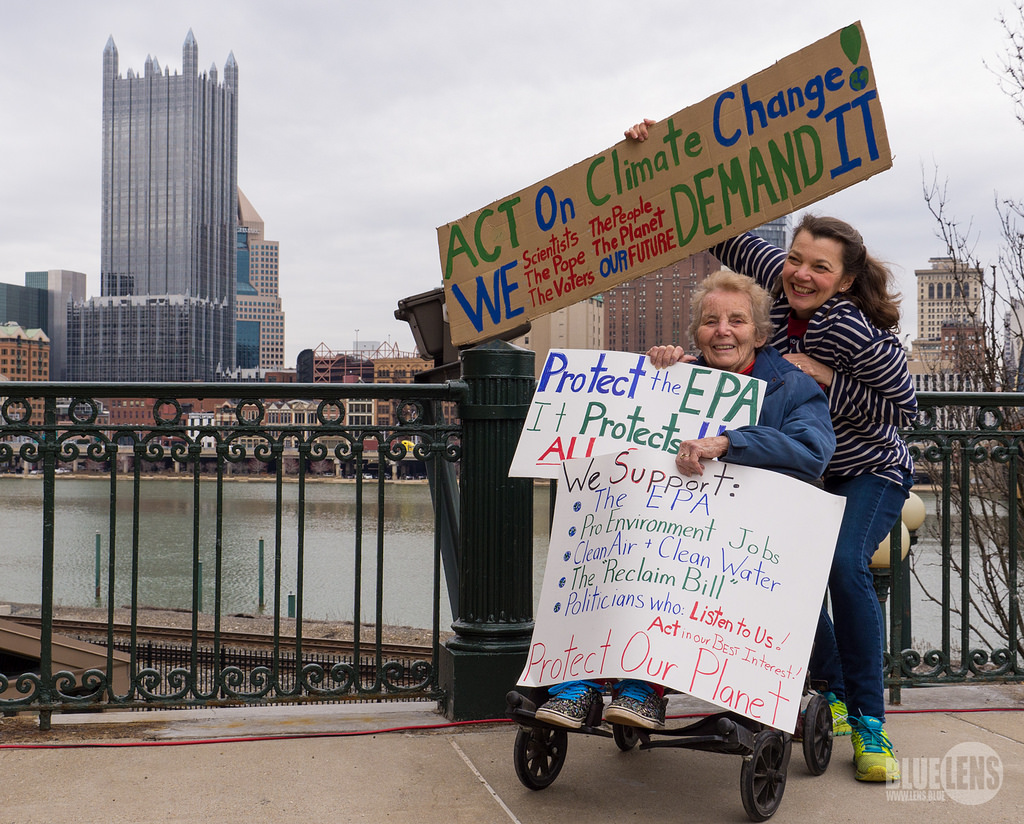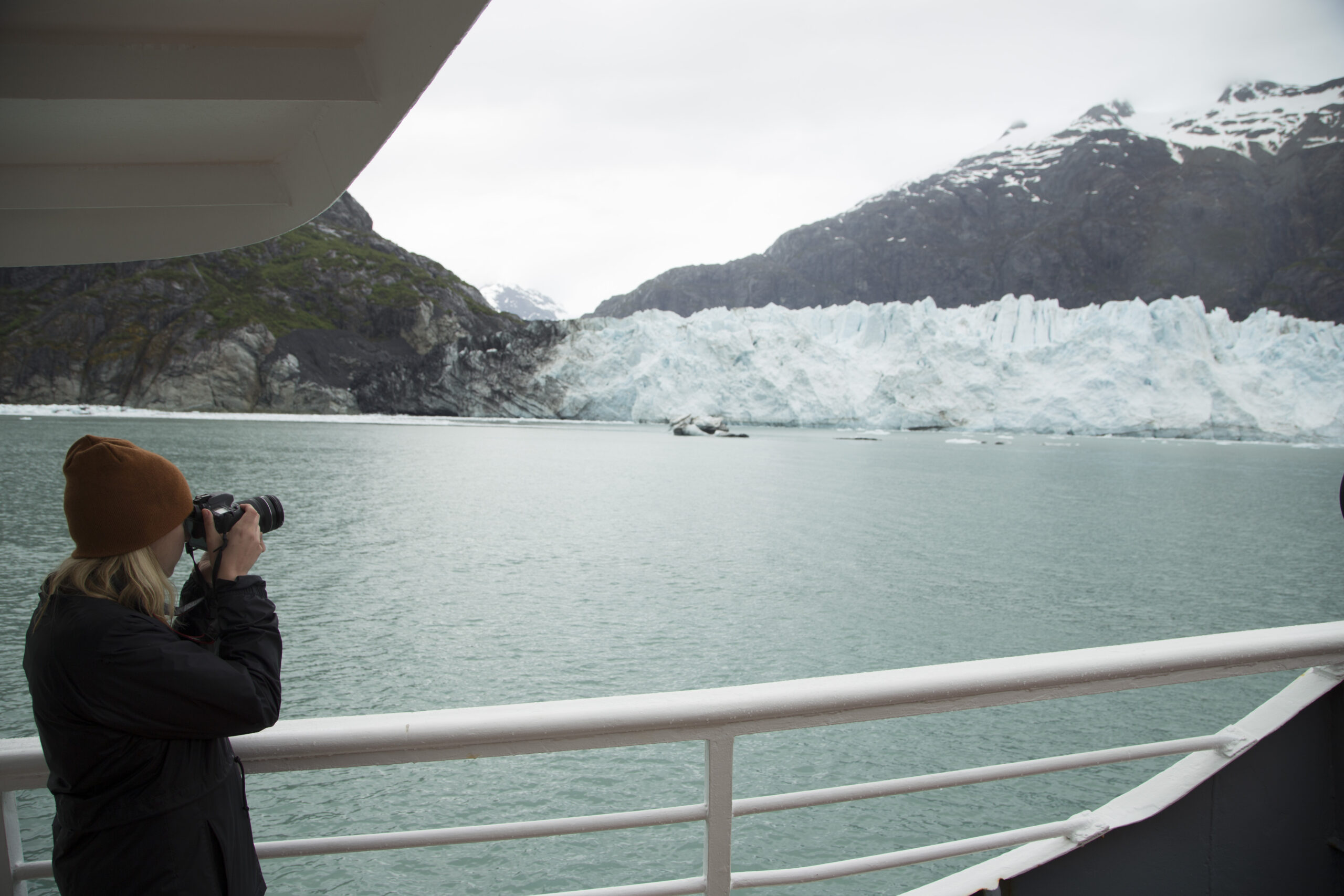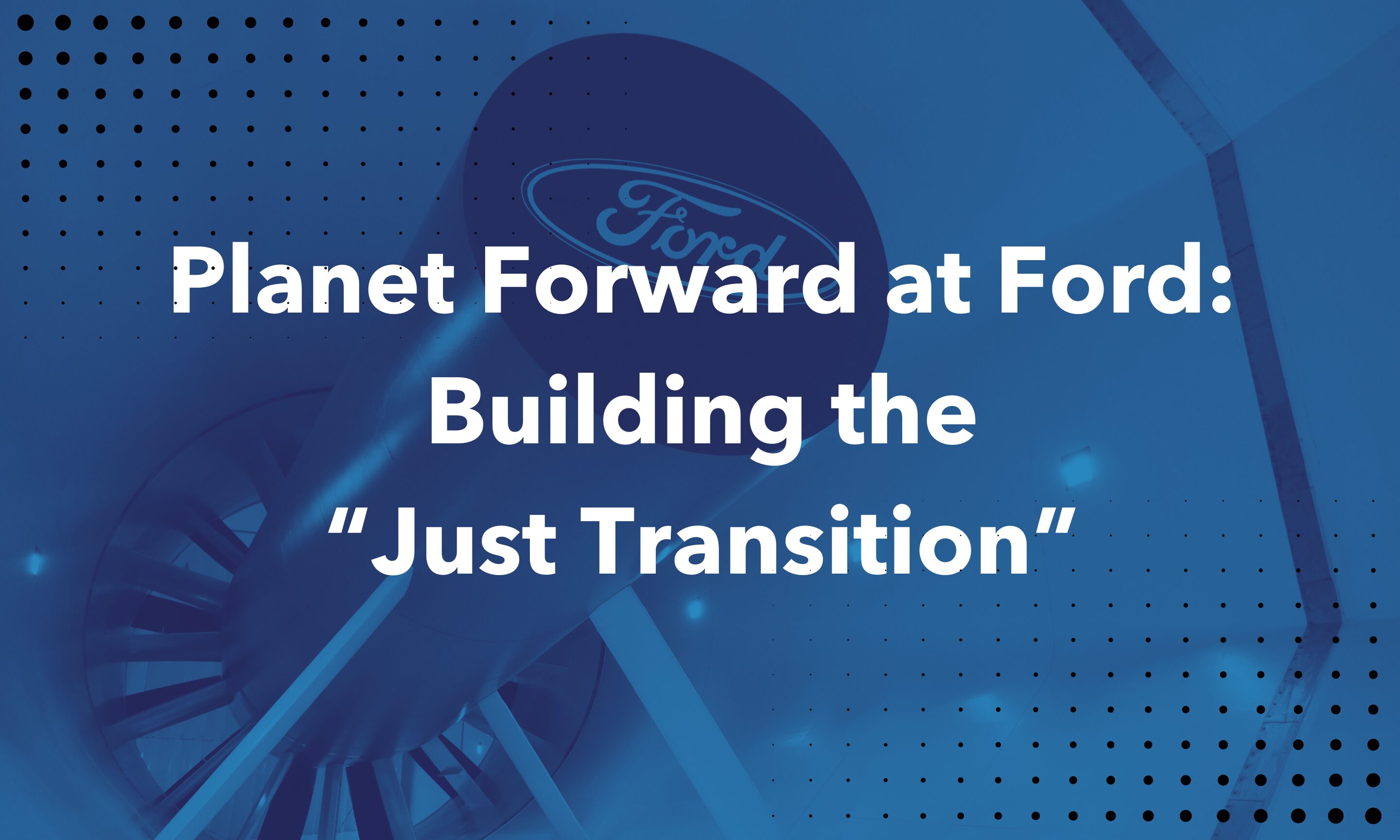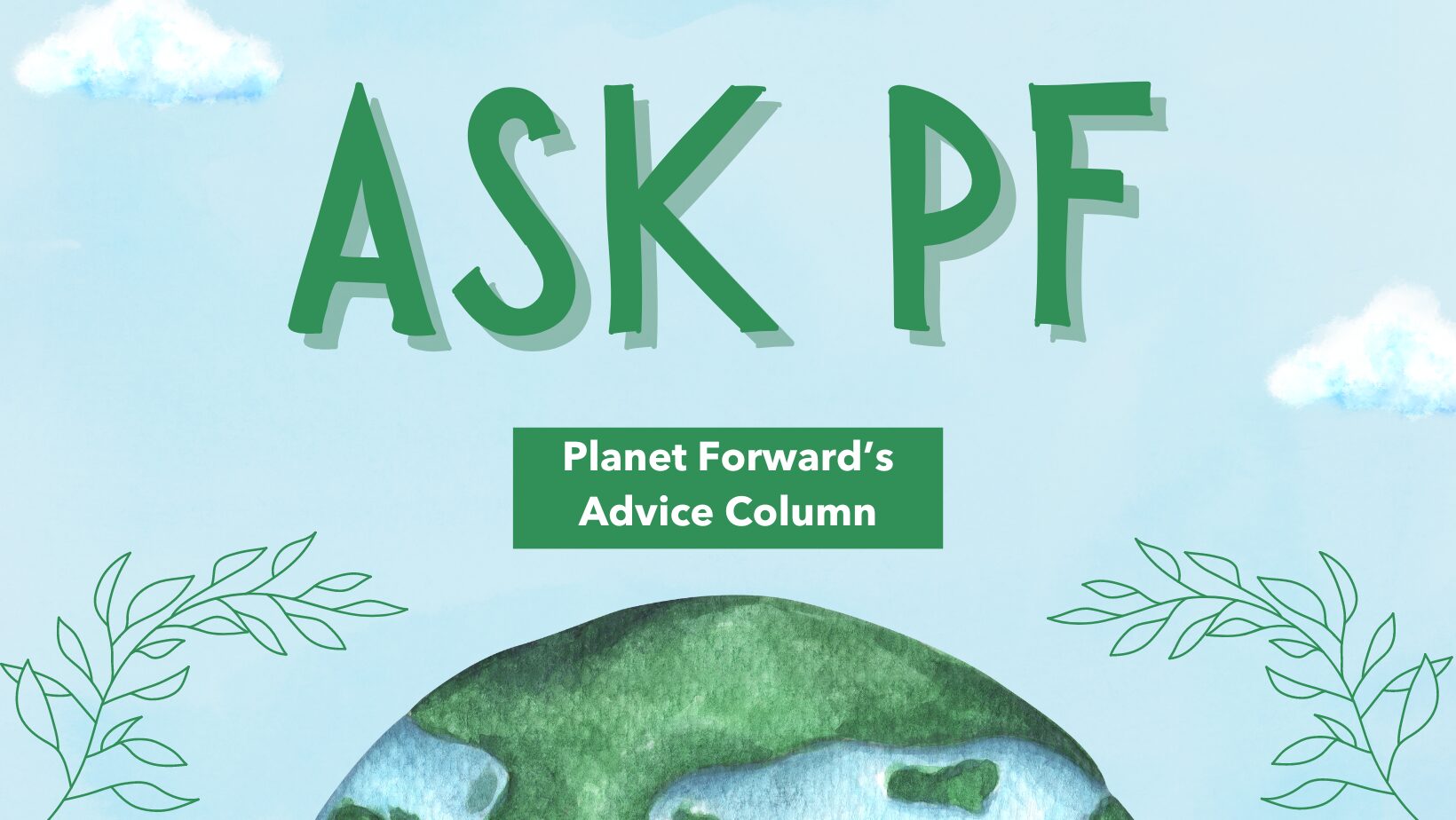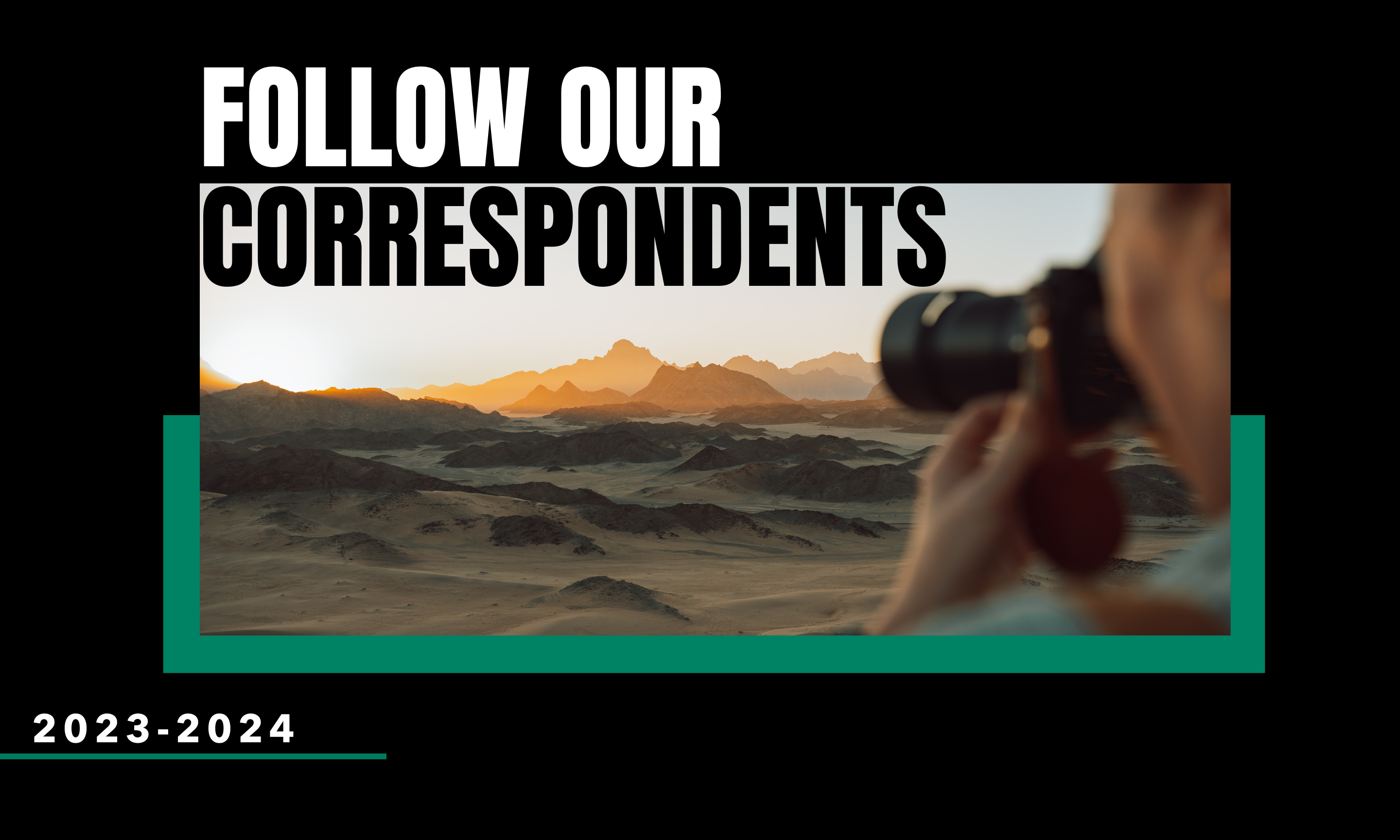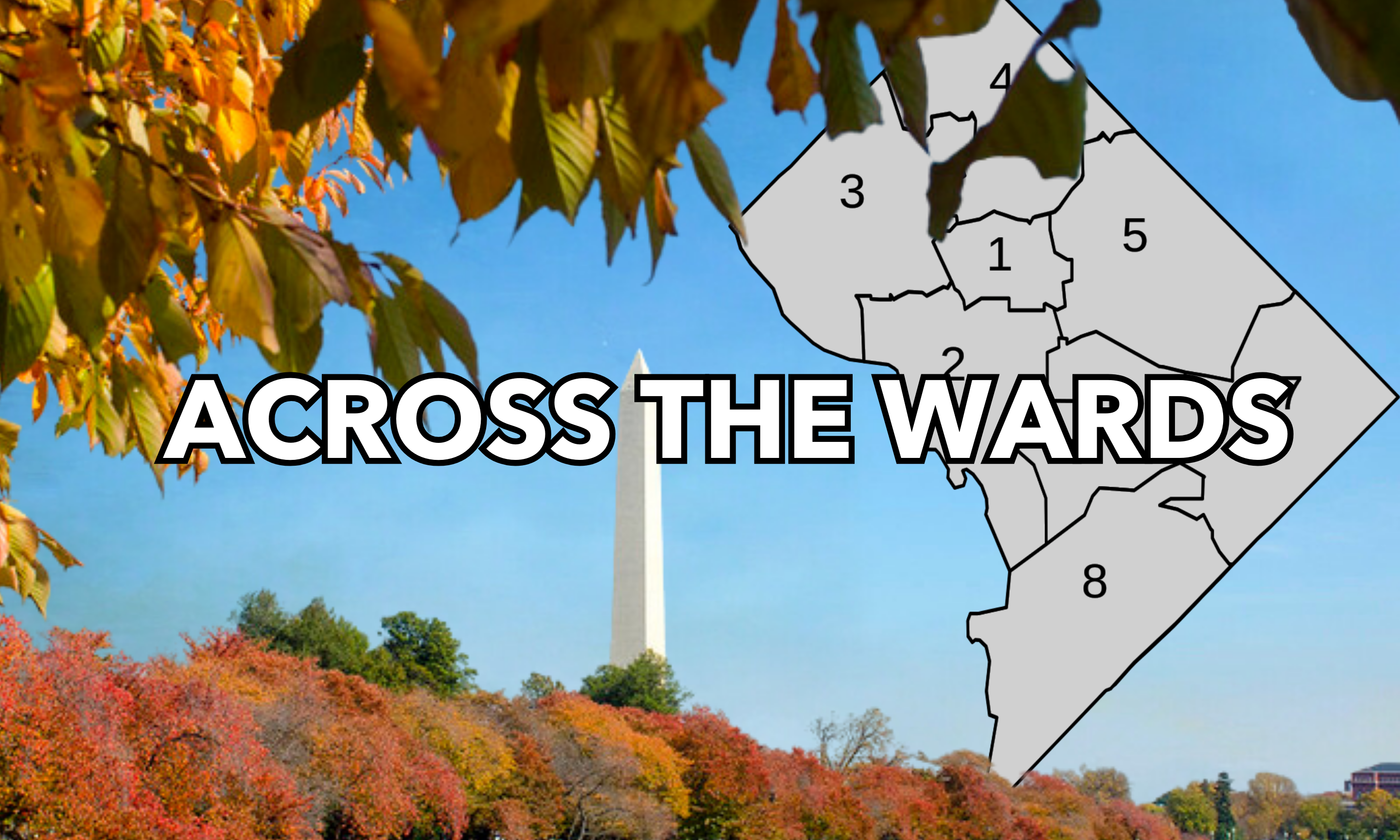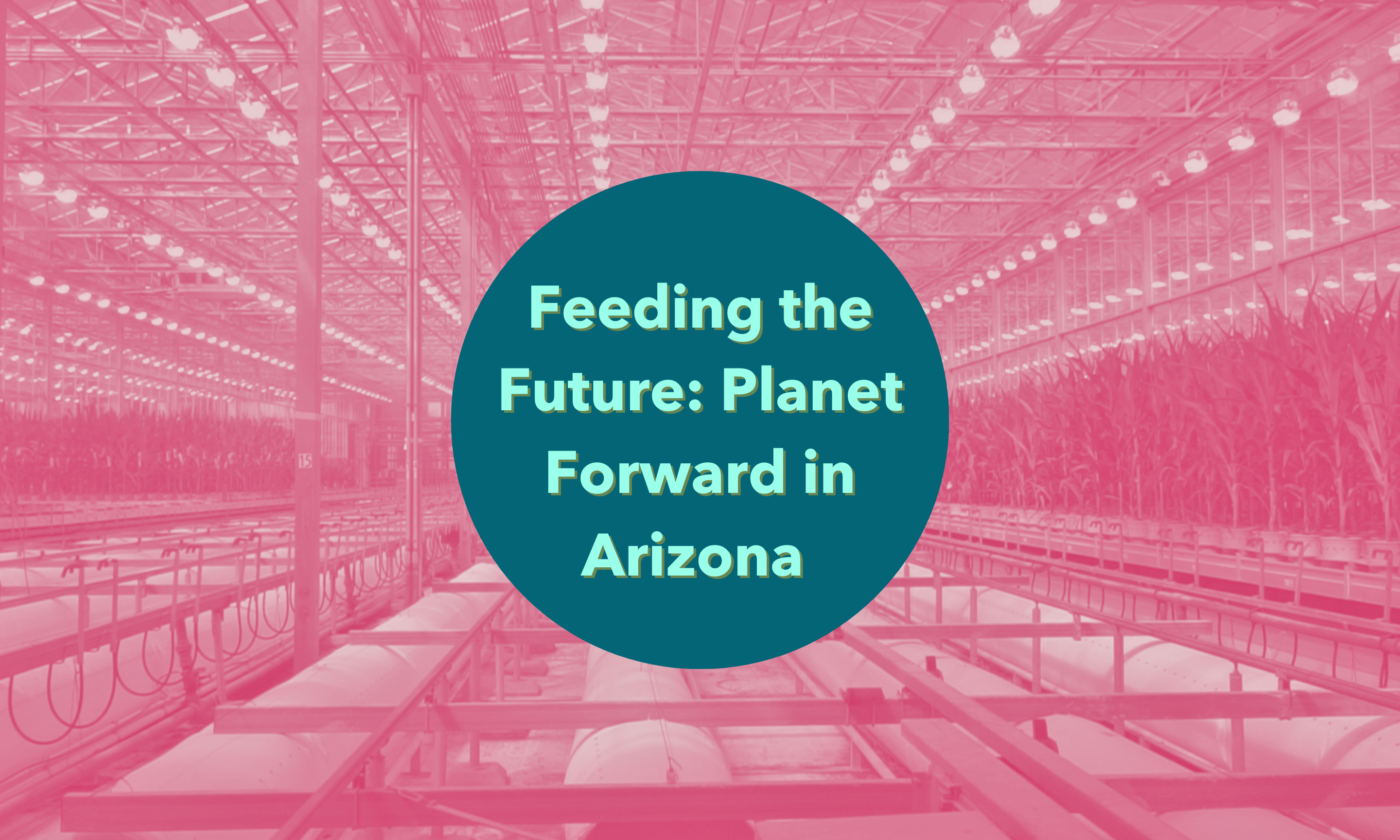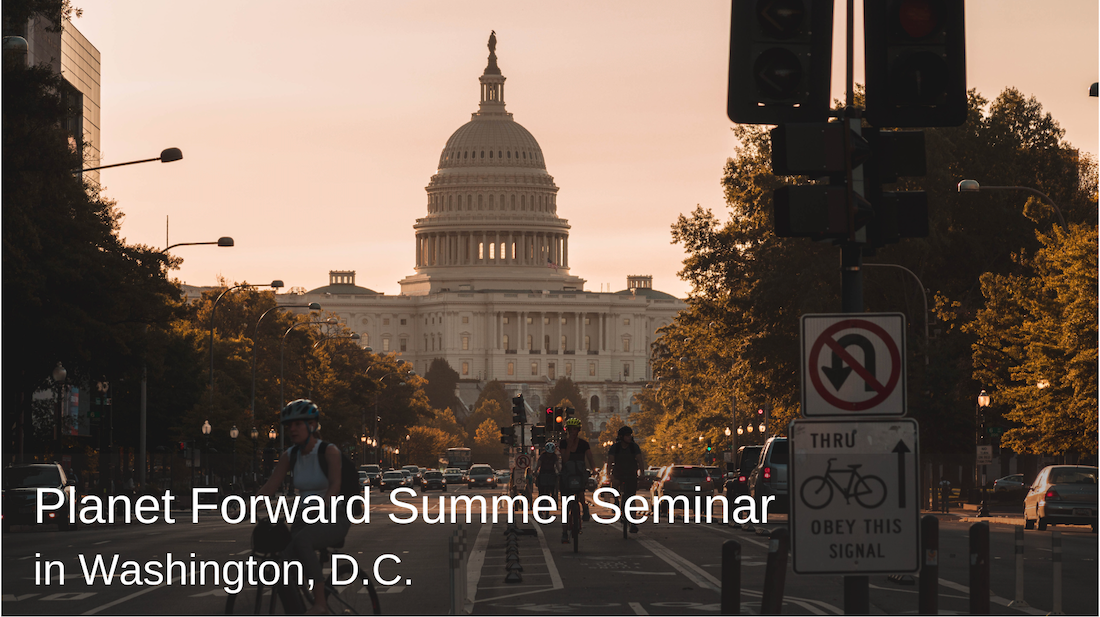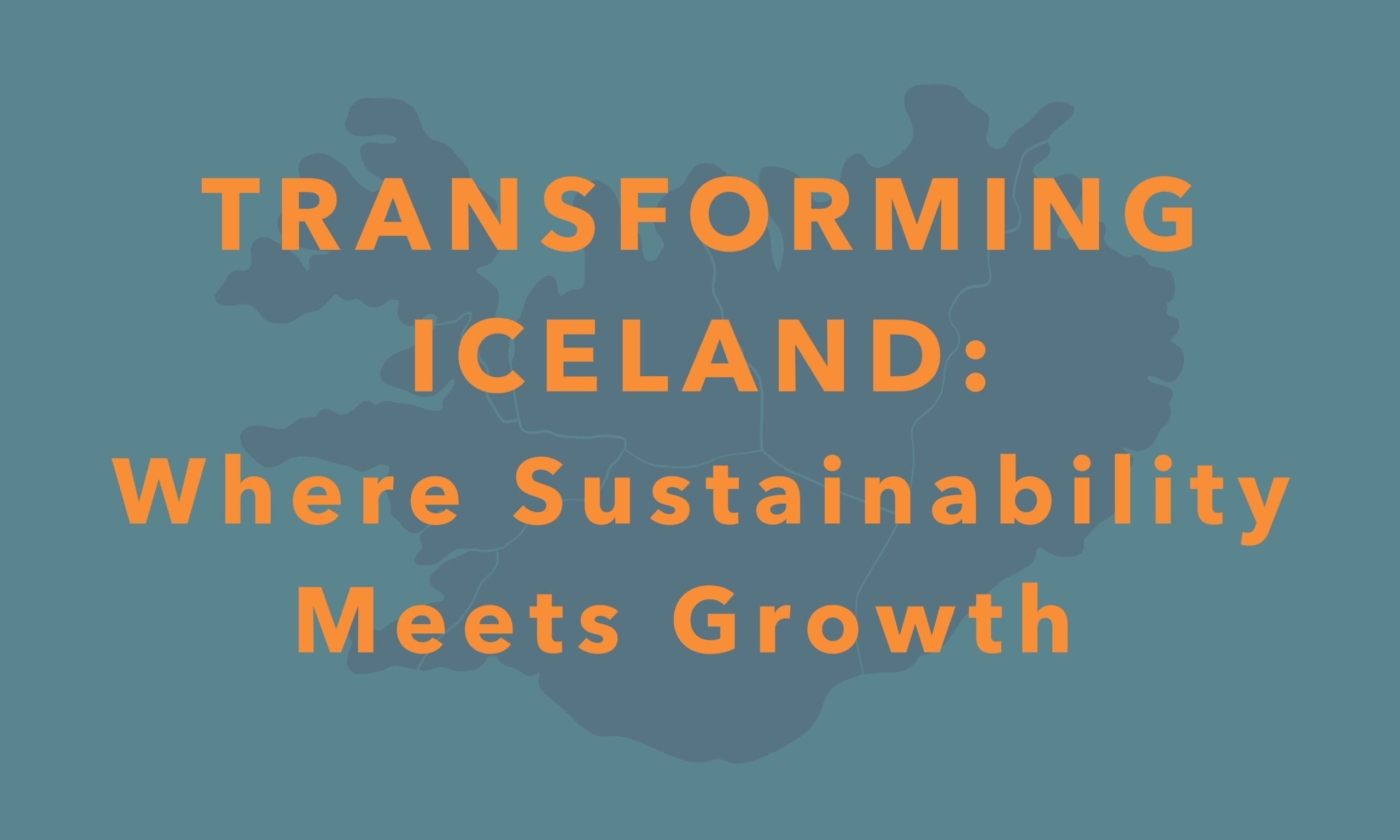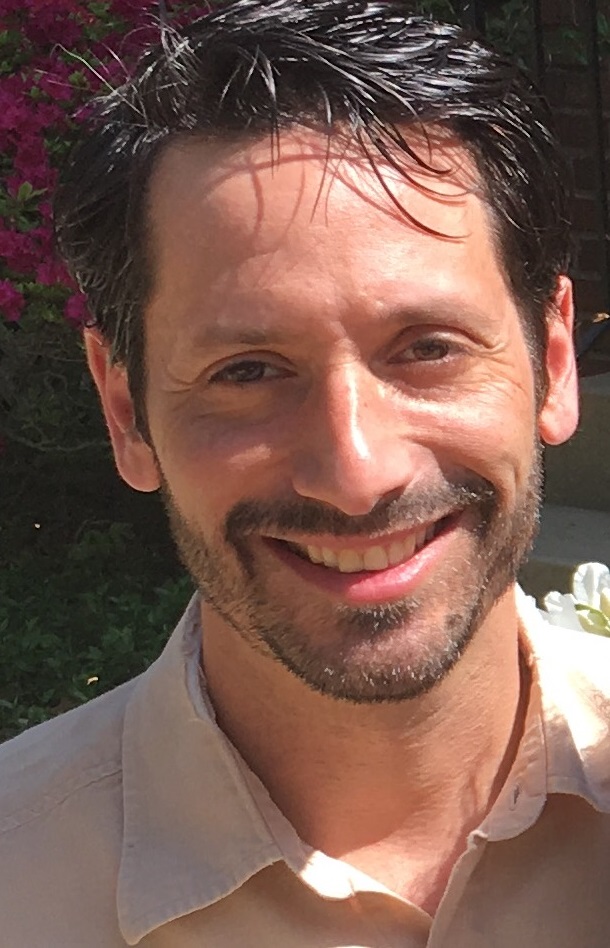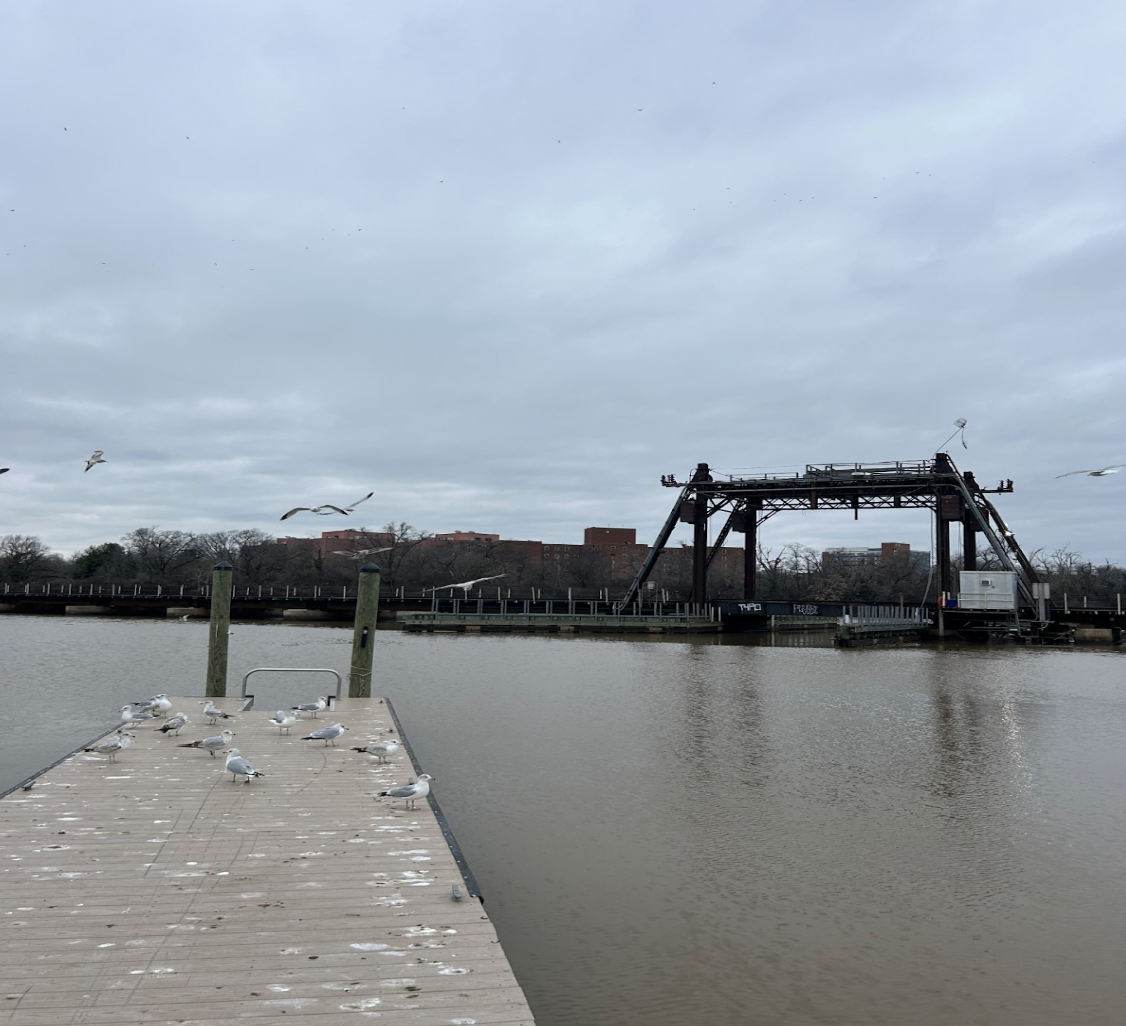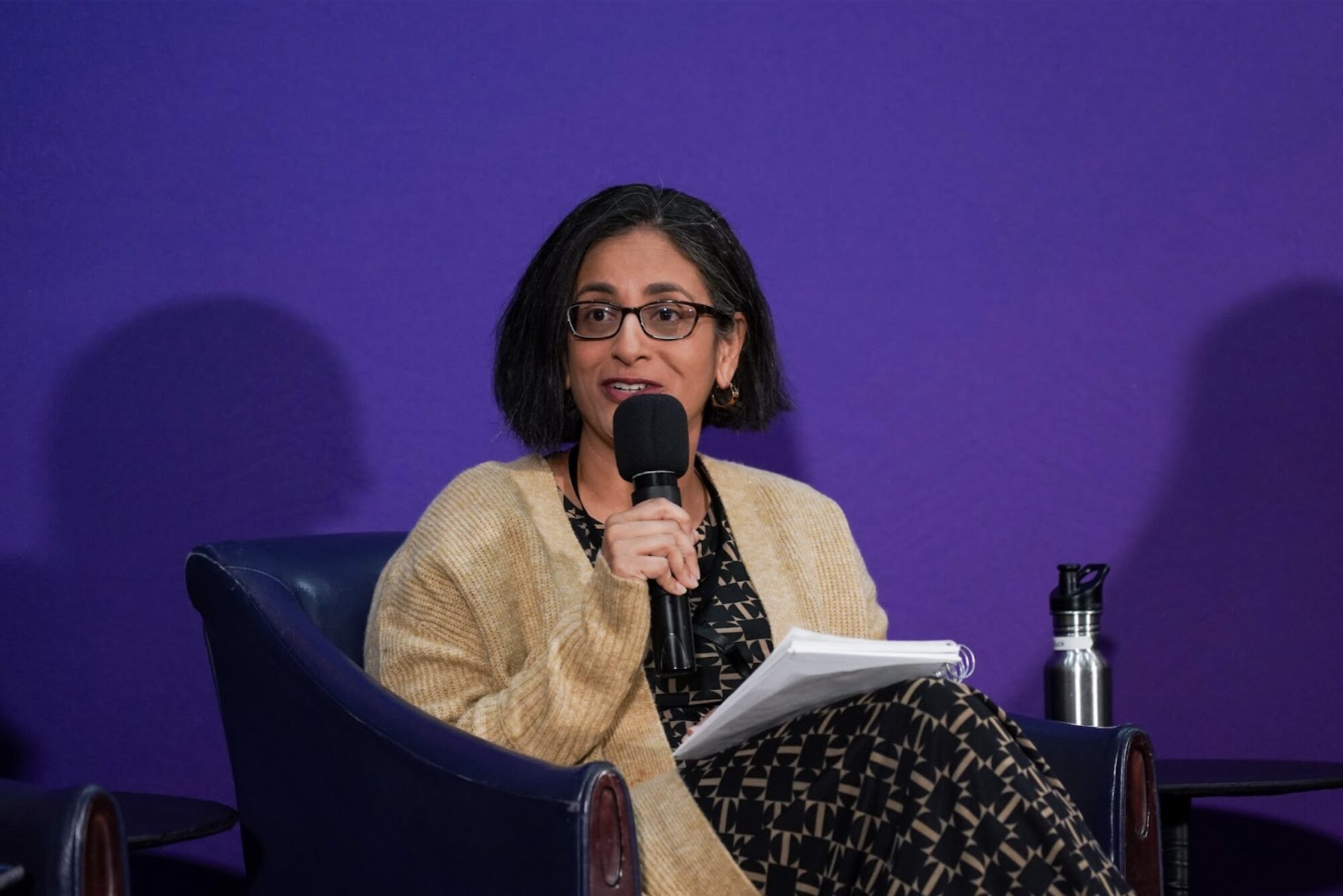After Trump’s withdrawal of the United States from the Paris climate agreement, now what? What should Americans with a sense of concern and responsibility for global climate outcomes – and their significance for the flourishing of human life and societies – be focusing on? What forms of leadership are people already taking, and what kinds of progress might already be underway, that our intense concentration on the national and global policy arenas might have caused us to miss? Moreover, what is it about the national narrative around climate change – and policy responses based on that narrative – that has failed to lead to durable federal policy within a viable and acceptable international cooperative framework?
As a start at answering these questions, here are five ways we can (still!) move the planet forward.
First, we can take on climate change as the unique and unprecedented moral challenge that it is. Given the nature of the problem, it is not surprising that we have not yet developed a sufficiently durable regulatory framework for addressing it. In the absence of a federal regulatory framework, we can focus on developing adequate moral frameworks. We will need to articulate workable visions that inspire and guide us to take responsibility for the effects of decisions that are only meaningful when large groups of people make them, and that will play out over decades and centuries. While traditional notions of blame and culpability may be inadequate – as carbon-emitting behavior is not inherently “bad,” and only causes problems at the aggregate level – we will nonetheless have to confront questions around the responsibility of nations that have benefited most from carbon-emitting behaviors to those most likely to incur harm.
Second, we can try to recognize and address people’s concerns about the political and economic impacts of large-scale climate change policies. While social science research consistently shows that the majority of Americans are concerned about climate change and think something should be done about it, people’s relative prioritizations of climate change vis-à-vis other issues vary. Reasonable people can prioritize different values – and the appropriate role for government in protecting them – in different ways. It is an over simplification, furthermore, to assume that all who object to climate change policies deny the science of climate change and its human causes. They may be placing a higher priority on protecting the economic strength of the US and its political sovereignty, and see climate policies and agreements – rightly or wrongly – as threats to those concerns. We need to address these concerns in principle, practice, and message. Even though the Paris Accords are quite minimalist in that they do not empower any global agency or enforcement mechanism, for example, they were not necessarily perceived that way by those who are most concerned with US sovereignty. Maybe the next such effort should take place in Pittsburgh.
Third, we can recognize the importance and success of efforts at the scale of states, cities, corporations, and municipalities. After the U.S. withdrawal from Paris, leaders at all scales of governance below the federal, as well as within the private and non-profit sectors are empowering themselves and each other to minimize and adapt to the impacts of climate change. Examples include the Michael Bloomberg-led initiative to get sub-national players officially involved in Paris; California’s push to strengthen its already strong, legislation-mandated emissions reductions; Pittsburgh’s plan to transition to 100% renewable energy; Indiana University’s Grand Challenge on environmental change, and several states forming the United States Climate Alliance. These efforts will drive change in and of themselves and will serve as experimental laboratories for the development of larger-scale approaches to climate change.
Fourth, we can work to understand and address the increasing polarization of environmental issues, in particular climate change. The environment – and in particular climate – is becoming an issue that fractures along partisan lines. This was not always the case, and it need not be the case in the future. However, it will take serious dialog and creative thinking to break out of the current rut. Social science can help us understand the roots and bounds of this polarization. To chart new pathways forward, we will also need to draw on art, religion, and the power of storytelling. We will need to develop new narratives and lines of engagement in order to depolarize. When it comes to issues for which passion abounds on all sides, consensus may not always be possible or even desirable. To what extent are shared goals possible? When they are not, what might it mean to move forward without consensus? These questions and others will have to be addressed.
Finally, we can learn to “think like a planet.” Almost 100 years ago, when Aldo Leopold learned that exterminating wolves would lead not to “hunters’ paradise” but to deer explosions and denuded hillsides, he was willing and able to accept his error and begin to learn to “Think like a Mountain.” In the face of anthropogenic climate change, we now must follow his example and take on the moral and mental shifts required to “think like a planet.” Fortunately, cultural and cognitive shifts do not depend on government policy – indeed, they must take place before any meaningful large-scale policy will hold.
How do you move the planet forward?
Submit Story
